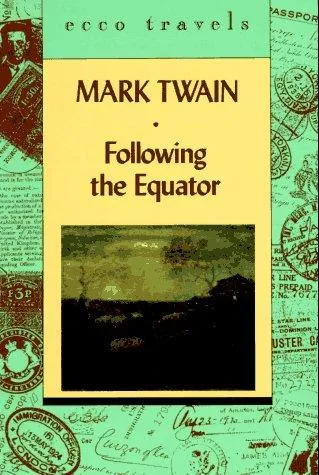Bound on a lecturing trip around the world, Mark Twain turns his keen satiric eye to foreign lands in Following the Equator. The first of two volumes, this vivid record of a sea voyage on the Pacific Ocean displays Twain's instinctive eye for the unusual, his wide-ranging curiosity, and his delight in embellishing the facts. The personalities of the ship's crew and passengers, the poetry of Australian place-names, and the success of women's suffrage in New Zealand, among other topics, are the focus of his wry humor and redoubtable powers of observation. Following the Equator is an ecocative and highly unique American portrait of nineteenth-century travel and customs.
Mark Twain
Mark Twain, born Samuel Clemens in 1835, was an American writer and humorist known for his sharp wit and satire. He is best known for his novels "The Adventures of Tom Sawyer" and "Adventures of Huckleberry Finn," which are considered classics of American literature. Twain's writing style is characterized by his use of vernacular language and his keen observations of human nature. He is credited with helping to shape the American literary tradition and is often referred to as the "father of American literature." Twain's works continue to be studied and celebrated for their humor, social commentary, and enduring relevance.




